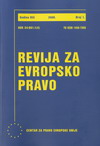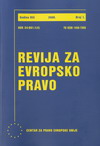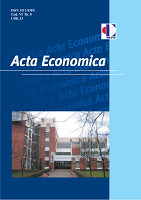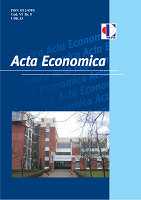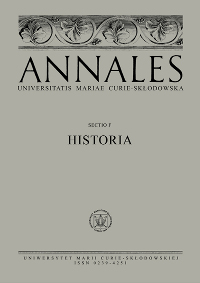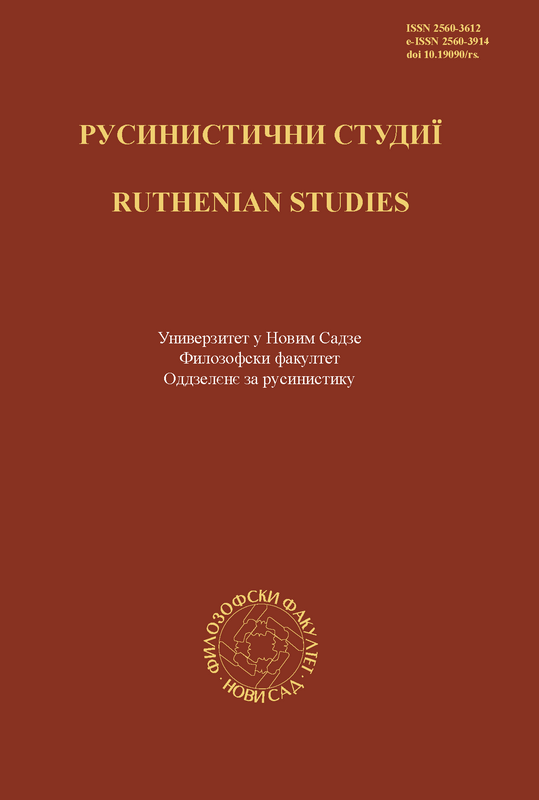
EFFECTIVE PARTICIPATION OF RUTHENIANS IN SERBIA AND CROATIA
EFFECTIVE PARTICIPATION OF RUTHENIANS IN SERBIA AND CROATIA
Keywords: Ruthenians in Serbia and Croatia; effective participation; identity; assimilation
The project is based on the fieldwork conducted during first two weeks of June 2022 in Slavonia and Vojvodina and includes 13 interviews with local representatives of Ruthenian minority. It aims at exploring and evaluating respect and effectuation of the right to effective participation of Ruthenians in Serbia and Croatia in the light of the Article 15 of the Framework Convention for the Protection of National Minorities (FCNM). Interpretation of the effective participation is further elaborated in cultural, socio-economic and political spheres. The work is based on two hypotheses: (1) that the rights are not fully effectuated due to inadequate funding (2) that the rights are not fully effectuated due to excessive assimilation causing limited identity awareness, administrative/bureaucratic hurdles and shifted perception of discrimination. The work contributes to academic literature in plenty of ways. Firstly, it applies a bottom-up approach involving interdisciplinary ethnographic and highly empirical research philosophy towards legal analysis on participation of minorities currently dominated by systemic and design discourses. This rather technical way of legal researching is present in FCNM regular reports which mention about “minor issues” of Ruthenian community neglecting many details of the actual situation. Secondly, it contributes to the study on Ruthenian minority in itself as the existing literature lacks the perspective of legal analyses dwarfed by historical and linguistic focus. The work might eventually serve as the role model for small and prone to assimilation minorities across South and Eastern Europe.
More...
